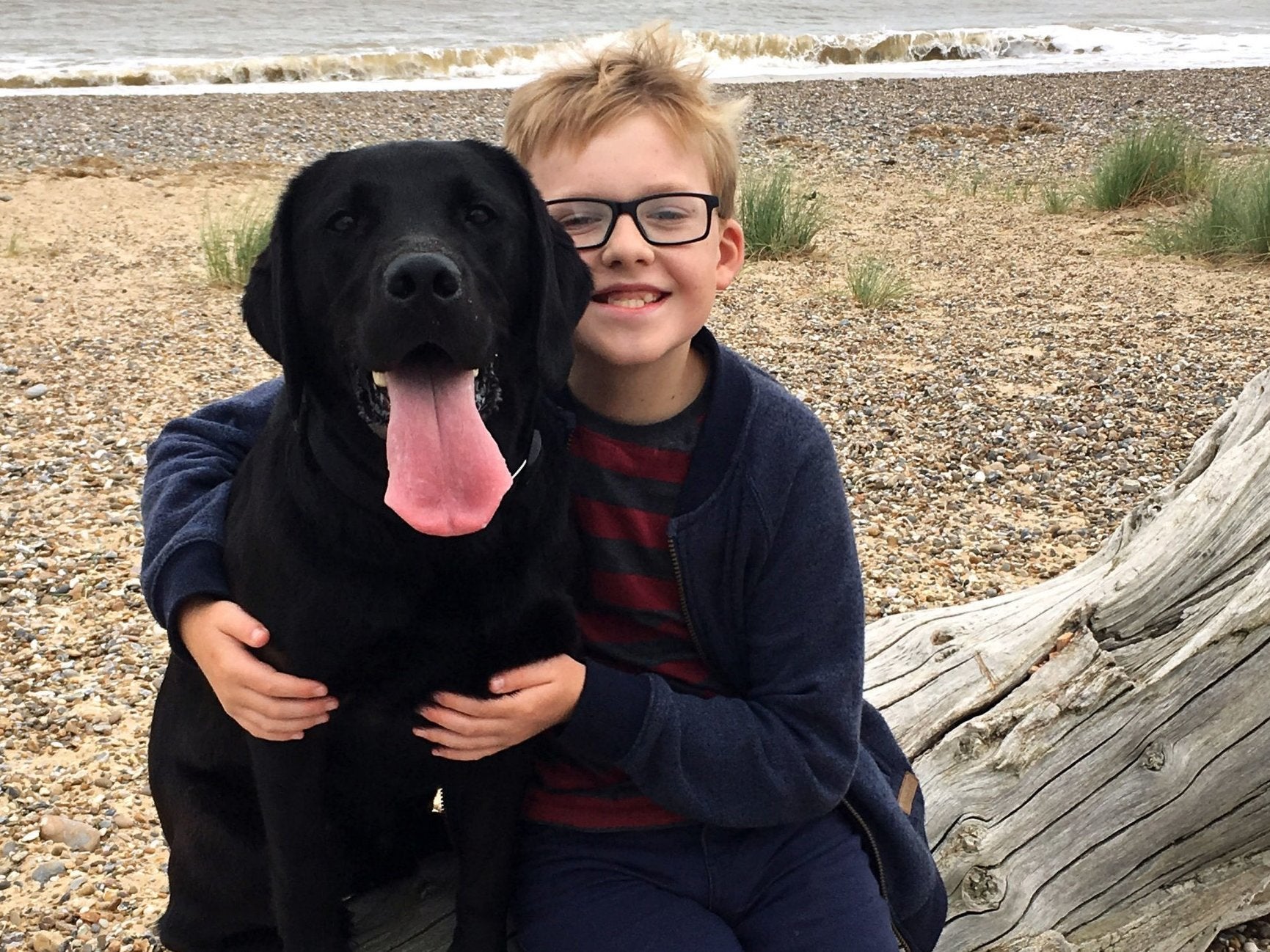GCSE in British Sign Language may be introduced after deaf boy’s campaign
A 12-year-old deaf pupil had said delaying introducing a new GCSE was 'unfair'

Your support helps us to tell the story
From reproductive rights to climate change to Big Tech, The Independent is on the ground when the story is developing. Whether it's investigating the financials of Elon Musk's pro-Trump PAC or producing our latest documentary, 'The A Word', which shines a light on the American women fighting for reproductive rights, we know how important it is to parse out the facts from the messaging.
At such a critical moment in US history, we need reporters on the ground. Your donation allows us to keep sending journalists to speak to both sides of the story.
The Independent is trusted by Americans across the entire political spectrum. And unlike many other quality news outlets, we choose not to lock Americans out of our reporting and analysis with paywalls. We believe quality journalism should be available to everyone, paid for by those who can afford it.
Your support makes all the difference.The government has backed down on its decision to delay introducing a GCSE in British Sign Language after the family of a young deaf boy threatened legal action.
Daniel Jillings, 12, and his family launched a campaign for the change to be made as soon as possible after the government said that no new GCSEs would be introduced in this parliament.
The Department for Education (DfE) has now said that following submissions from the family's lawyers it will consider making an "exception" to the rule.
Daniel has been campaigning for the change to be made so he can sit a GCSE in British Sign Language (BSL) when he is older. His crowdfunding page, which has raised more than £6,000 towards a legal challenge, says that delaying a GCSE in BSL is “unfair to children who are deaf”.
Daniel's mother Ann Jillings said: "All we want is for Daniel and other deaf children across the country to be given the same opportunities as other pupils."
Alex Rook, a public law expert at Irwin Mitchell, who represents Daniel's family, said: "We are delighted that the government has backed down from its original position as, at present, the lack of a BSL GCSE is having a major and unnecessary impact on thousands of children each year.
“This announcement is a major turning point and hopefully paves the way so children such as Daniel have access to the education they deserve.”
Steve Haines, director of policy and campaigns at the National Deaf Children's Society (NDCS), said: "By no longer blocking the introduction of a GCSE in British Sign Language in this Parliament, the government is sending a powerful signal to deaf children everywhere.”
But he added: "This campaign isn't over yet though.The Department for Education and the exam regulator Ofqual must to do everything they can to work with exam bodies to develop this GCSE as soon as possible.
"For Daniel Jillings, and for so many of the 45,000 deaf children across the country who want to study a GCSE in British Sign Language, we need a proactive, positive attitude from the government. Anything less is complete dereliction of duty."
School Standards Minister Nick Gibb said: "We will consider any proposals put forward for a GCSE in British Sign Language. As we have made clear previously, any new GCSE would need to meet the rigorous standards set by both the Department and Ofqual.
"If these expectations are met and a BSL GCSE is ready to be introduced, we will then consider whether to make an exception to our general rule that there should be no new GCSEs in this parliament."
Additional reporting by PA
Join our commenting forum
Join thought-provoking conversations, follow other Independent readers and see their replies
Comments